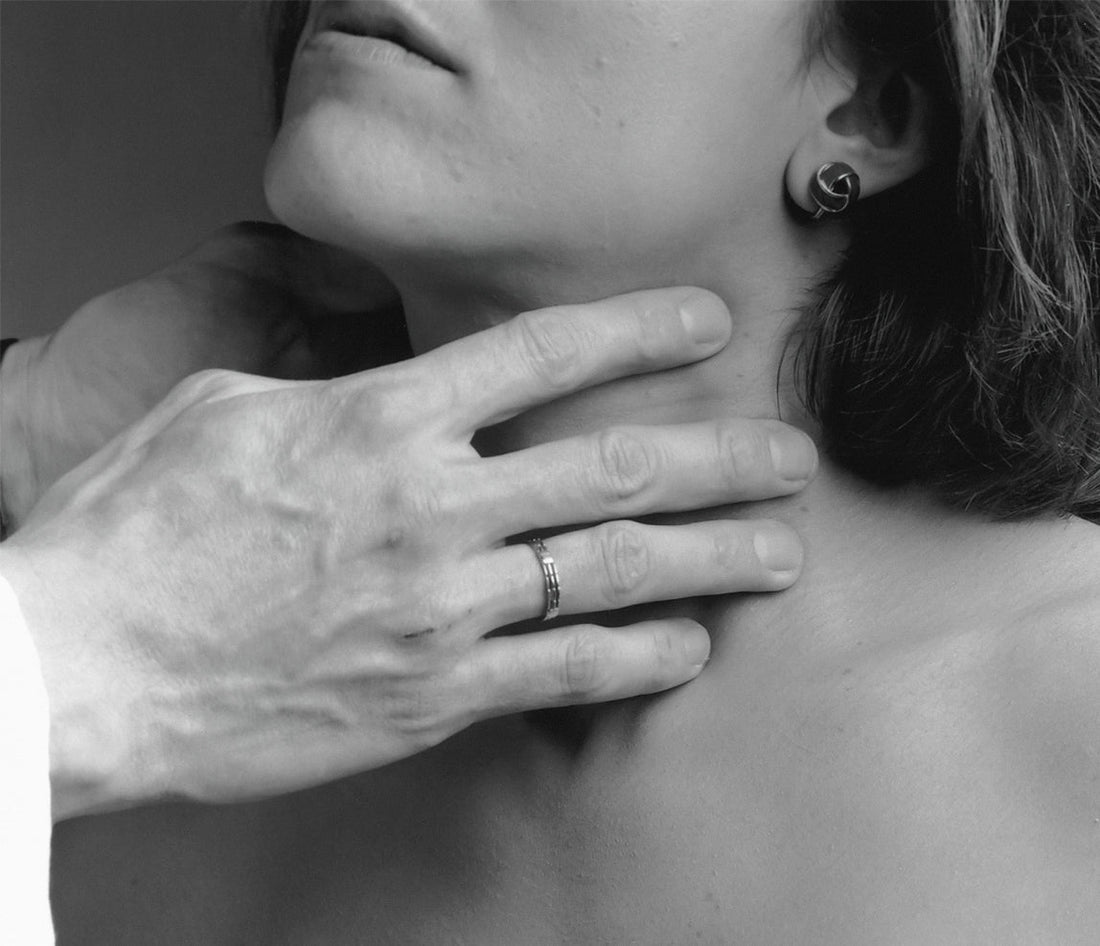The thyroid gland is an essential organ that regulates many vital functions in our body. Its complexity and the importance of its proper functioning are often underestimated, leading to frequent misunderstandings. Through recent studies, emphasis is placed on the importance of a comprehensive clinical evaluation, beyond just blood tests, for a thorough understanding of thyroid health.
Keys to Understanding Thyroid Hormones: TSH, T3, and T4
- TSH and Hypothyroidism: Studies indicate that a TSH level below 1.5 may be ideal. Values beyond this suggest hypothyroidism, often corroborated by clinical symptoms. The current standards (0.3-4.3) are not sufficient to detect many cases of hypothyroidism.
- Free T3 Explained: A level above 5.2 pmol/L is recommended for free T3. Lower values may indicate subclinical hypothyroidism.
- Limits of Free T4: Despite its frequent measurement, free T4 has limited utility in assessing thyroid function, as it is an inactive hormone.














5 comments